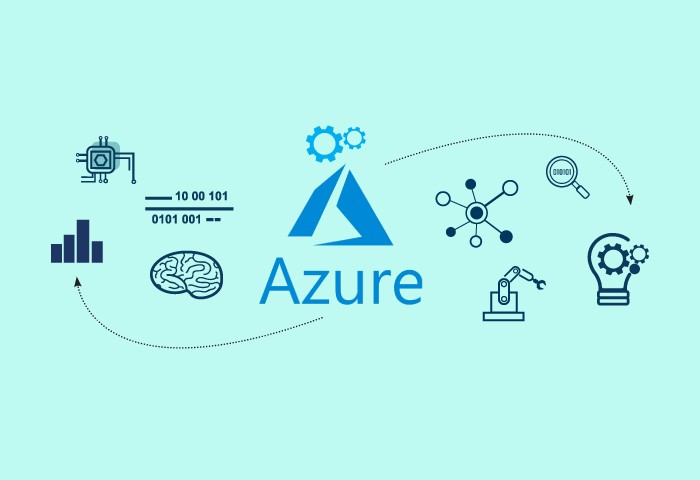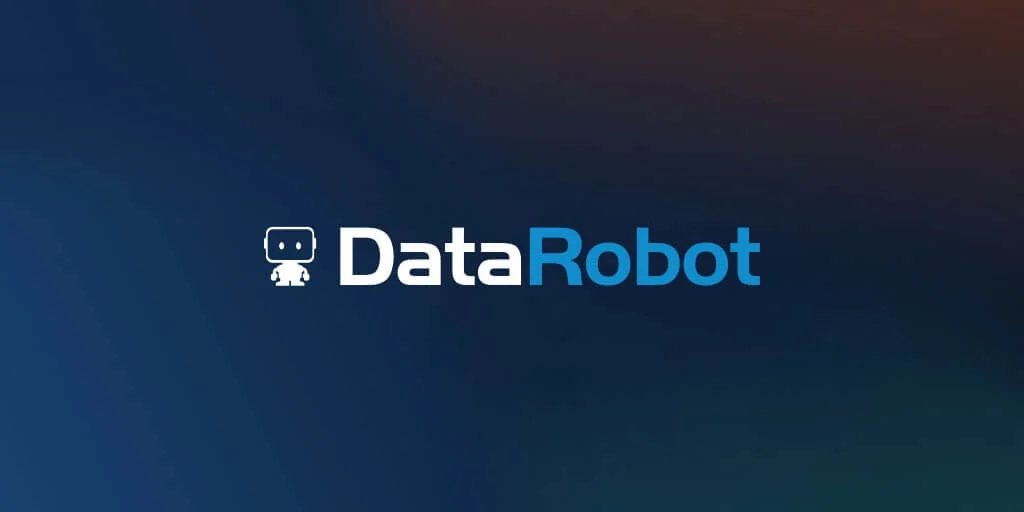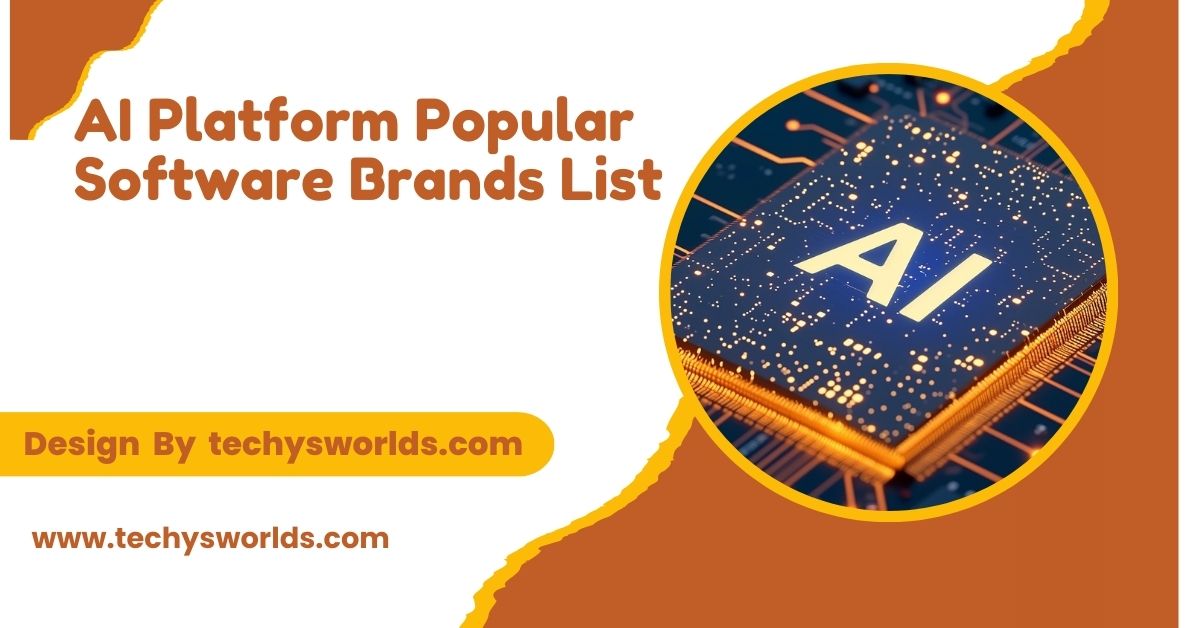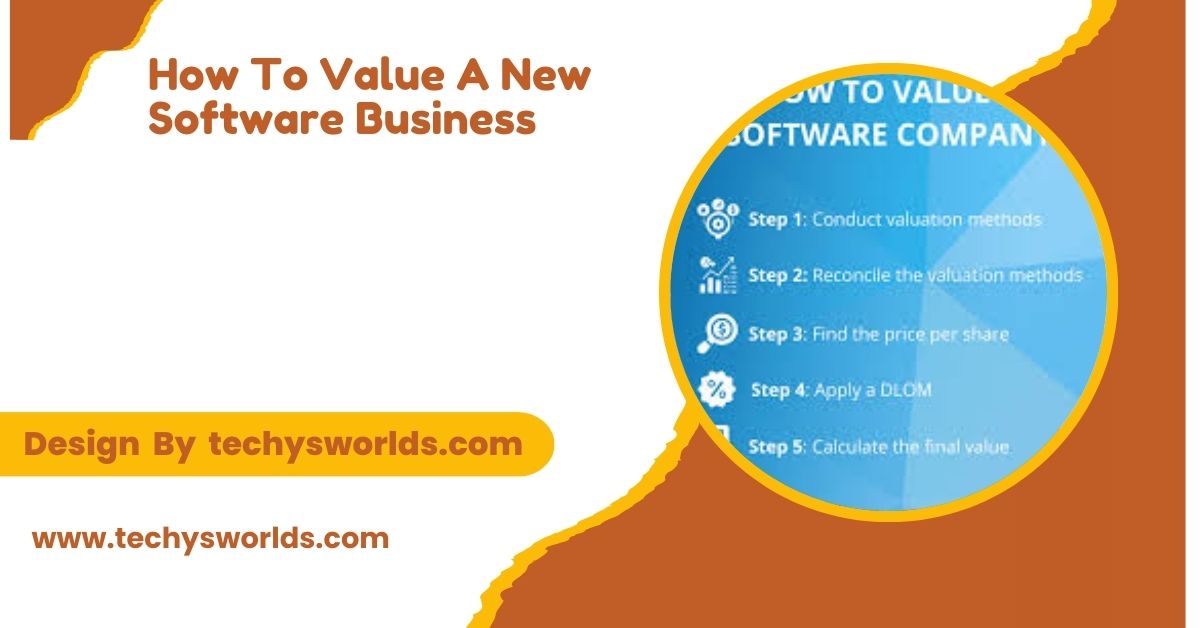AI platforms are tools for developing and deploying AI applications. Popular brands include Google AI, IBM Watson, Microsoft Azure, and AWS.
In this article, we explore the leading AI platforms driving this change, from enterprise solutions to cutting-edge research tools.
Google AI (TensorFlow and Google Cloud AI):

Overview:
Google has long been at the forefront of AI innovation, and its AI platform offerings are no exception. TensorFlow, Google’s open-source machine learning framework, is one of the most popular and widely used tools for building deep learning models. Google Cloud AI, on the other hand, offers a comprehensive suite of AI tools and services designed for business applications.
Key Features:
- Open-source machine learning framework: TensorFlow supports deep learning and machine learning with an extensive library of pre-trained models.
- Scalable cloud services: Google Cloud AI offers tools for building, deploying, and scaling AI models with ease.
- AutoML: A tool that allows users with limited expertise to build custom machine learning models.
Use Cases:
- Image and video recognition
- Natural language processing for chatbots and voice assistants
- Predictive analytics in various industries
IBM Watson:
Overview:
IBM Watson has been a trailblazer in enterprise-level AI applications for several years. Watson offers a suite of AI services, including machine learning, NLP, computer vision, and AI-powered analytics. It is renowned for its ability to provide advanced cognitive computing solutions to enterprises.
Also Read: How Many Company Offer Software Defined Access – Key Players and Offerings!
Key Features:
- Watson Studio: A powerful tool for building, training, and deploying machine learning models.
- Natural Language Processing: Watson provides advanced NLP capabilities, enabling businesses to analyze, understand, and generate human language.
- Watson Assistant: An AI-driven conversational interface for creating chatbots and virtual assistants.
Use Cases:
- Healthcare: AI solutions for diagnosing diseases, drug discovery, and research
- Customer service: AI-powered chatbots for handling customer inquiries
- Financial services: Fraud detection, risk management, and financial analytics
Microsoft Azure AI:

Overview:
Microsoft Azure is a cloud computing platform offering a comprehensive set of tools for AI and machine learning. Azure AI provides services for building, deploying, and managing AI applications, with integrated tools for machine learning, cognitive services, and deep learning.
Key Features:
- Azure Machine Learning: A robust toolset for building, training, and deploying machine learning models with a focus on ease of use and scalability.
- Cognitive Services: Pre-built APIs for vision, speech, language, and decision-making.
- Custom Vision: AI tools that allow users to train custom image classification models.
Use Cases:
- Real-time image recognition for surveillance and security
- Speech-to-text and language translation services for global businesses
- AI-powered chatbots for customer support
Amazon Web Services (AWS) AI and Machine Learning:
Also Read: List Of Amazon Softwares – Enhancing Business Operations!
Overview:
Amazon Web Services (AWS) is a global leader in cloud computing and offers a wide array of AI and machine learning tools. AWS provides businesses with the tools to develop, deploy, and scale AI applications, along with pre-built models that can be quickly integrated into applications.
Key Features:
- Amazon SageMaker: A fully managed service that enables developers to build, train, and deploy machine learning models quickly.
- Pre-built AI services: Services like Amazon Rekognition (image and video analysis), Polly (text-to-speech), and Comprehend (text analytics).
- AWS Lambda: Serverless computing to run AI models and machine learning workflows without worrying about infrastructure.
Use Cases:
- Image and video recognition for security and surveillance
- Natural language processing for chatbots and sentiment analysis
- Text-to-speech and speech-to-text applications
H2O.ai:

Overview:
H2O.ai is a popular AI platform that specializes in machine learning and deep learning. Known for its open-source framework, H2O.ai is used by data scientists and enterprises alike for building and deploying machine learning models at scale.
Key Features:
- H2O AutoML: An automated machine learning platform that makes it easier to build machine learning models with minimal manual intervention.
- Open-source tools: H2O-3 is a widely adopted open-source machine learning platform that offers scalable solutions for data science and analytics.
- Integration with big data tools: H2O.ai works seamlessly with Apache Spark, Hadoop, and other big data platforms.
Use Cases:
- Predictive modeling for customer behavior and sales forecasting
- Financial services: Credit risk analysis and fraud detection
- Healthcare: Predicting patient outcomes and treatment plans
OpenAI:
Overview:
OpenAI has gained international attention for its revolutionary language models, such as GPT-3 and GPT-4. These models are some of the most advanced in the field of natural language processing, capable of generating human-like text, completing code, and much more. OpenAI also offers other AI-powered tools, such as DALL·E for image generation.
Also Read: Sheppard Software – A Comprehensive Overview!
Key Features:
- GPT-4: OpenAI’s most advanced language model, capable of generating human-like text based on a wide range of inputs.
- Codex: A model designed for code generation and assistance, helping developers write and debug code.
- DALL·E: A model that generates images from textual descriptions.
Use Cases:
- Chatbots and conversational agents for customer service
- Content creation: Automatically generating blog posts, articles, and other written content
- Code generation and programming assistance
DataRobot:

Overview:
DataRobot is a machine learning platform that automates much of the process of building and deploying models. The platform is designed to help enterprises implement AI solutions quickly, without requiring extensive data science expertise.
Key Features:
- AutoML capabilities: DataRobot automates the machine learning process, from data preprocessing to model selection and deployment.
- Model interpretability: DataRobot offers transparency into model decision-making, allowing businesses to understand and trust AI outcomes.
- Integration with business tools: The platform integrates with popular tools like Tableau, Snowflake, and Hadoop for seamless data processing and analysis.
Use Cases:
- Risk management in finance, including fraud detection and credit scoring
- Customer segmentation and marketing campaign optimization
- Predictive maintenance in manufacturing and industrial operations
SAP Leonardo:
Overview:
SAP Leonardo is a suite of advanced technologies that integrates machine learning, IoT, and big data analytics into SAP’s enterprise software products. It is designed to help businesses use AI to improve processes across industries, including manufacturing, retail, and logistics.
Also Read: Kuta Software Infinite Algebra 1 – A Vital Tool!
Key Features:
- AI and machine learning integration with SAP systems: Leonardo seamlessly integrates with SAP’s enterprise resource planning (ERP) systems, enabling intelligent workflows.
- Industry-specific AI solutions: SAP Leonardo offers tailored AI solutions for various industries, including automotive, energy, and healthcare.
- Big data analytics: It integrates with SAP’s HANA database for powerful real-time analytics.
Use Cases:
- Supply chain optimization in retail and logistics
- Predictive maintenance in manufacturing
- Intelligent manufacturing through IoT integration
C3.ai:

Overview:
C3.ai offers an AI platform focused on enterprise-scale applications. It provides businesses with the tools to build, deploy, and scale AI applications, with an emphasis on data integration and real-time decision-making.
Key Features:
- C3 AI Suite: A comprehensive suite of tools for developing and deploying AI models and applications.
- Industry-specific solutions: C3.ai offers pre-built applications for industries like energy, healthcare, and manufacturing.
- Real-time analytics: C3.ai is designed for real-time data processing, making it ideal for applications in monitoring, predictive analytics, and decision support.
Use Cases:
- Predictive maintenance in energy and manufacturing
- Fraud detection and risk management in financial services
- Real-time analytics in healthcare for patient monitoring and outcomes prediction
Salesforce Einstein:
Overview:
Salesforce Einstein is Salesforce’s AI-powered platform that enhances the CRM with intelligent capabilities. It provides businesses with AI tools for predictive analytics, customer service, and personalized marketing.
Key Features:
- AI-powered analytics for customer insights and decision-making
- Predictive capabilities for sales forecasting, lead scoring, and personalized marketing
- Integration with Salesforce CRM tools
- Natural language processing for automating customer service tasks
Use Cases:
- Sales forecasting and lead prioritization
- Personalized customer experiences in marketing
- Chatbots for customer support
FAQ’s
1. What is an AI platform?
An AI platform provides tools and infrastructure for developing, deploying, and managing AI applications, including machine learning, NLP, and deep learning.
2. How do AI platforms benefit businesses?
AI platforms automate processes, improve decision-making, enhance customer service, and enable predictive analytics to optimize business operations.
3. Can AI platforms be customized for specific applications?
Yes, many AI platforms offer customizable features, allowing businesses to tailor solutions to their needs.
4. Which industries use AI platforms?
AI platforms are widely used across healthcare, finance, retail, manufacturing, and more for various applications like automation and analytics.
5. Are AI platforms easy for beginners to use?
Yes, many platforms offer user-friendly tools and pre-built models, making them accessible to beginners.
Conclusion
AI platforms are revolutionizing industries with tools that enable businesses, researchers, and developers to create smarter applications. Choosing the right platform depends on your specific needs and use cases, whether it’s machine learning, NLP, or predictive analytics. With the continuous evolution of AI technology, businesses now have access to advanced solutions that streamline operations, enhance decision-making, and improve customer experiences.
Related Posts
Also Read: Accounting Software – Features, Benefits, and Options!
Also Read: What Is The Average Cost Of A Software Bug – Implications and Insights!
Also Read: Software Engineer Jobs – Opportunities and Insights!



